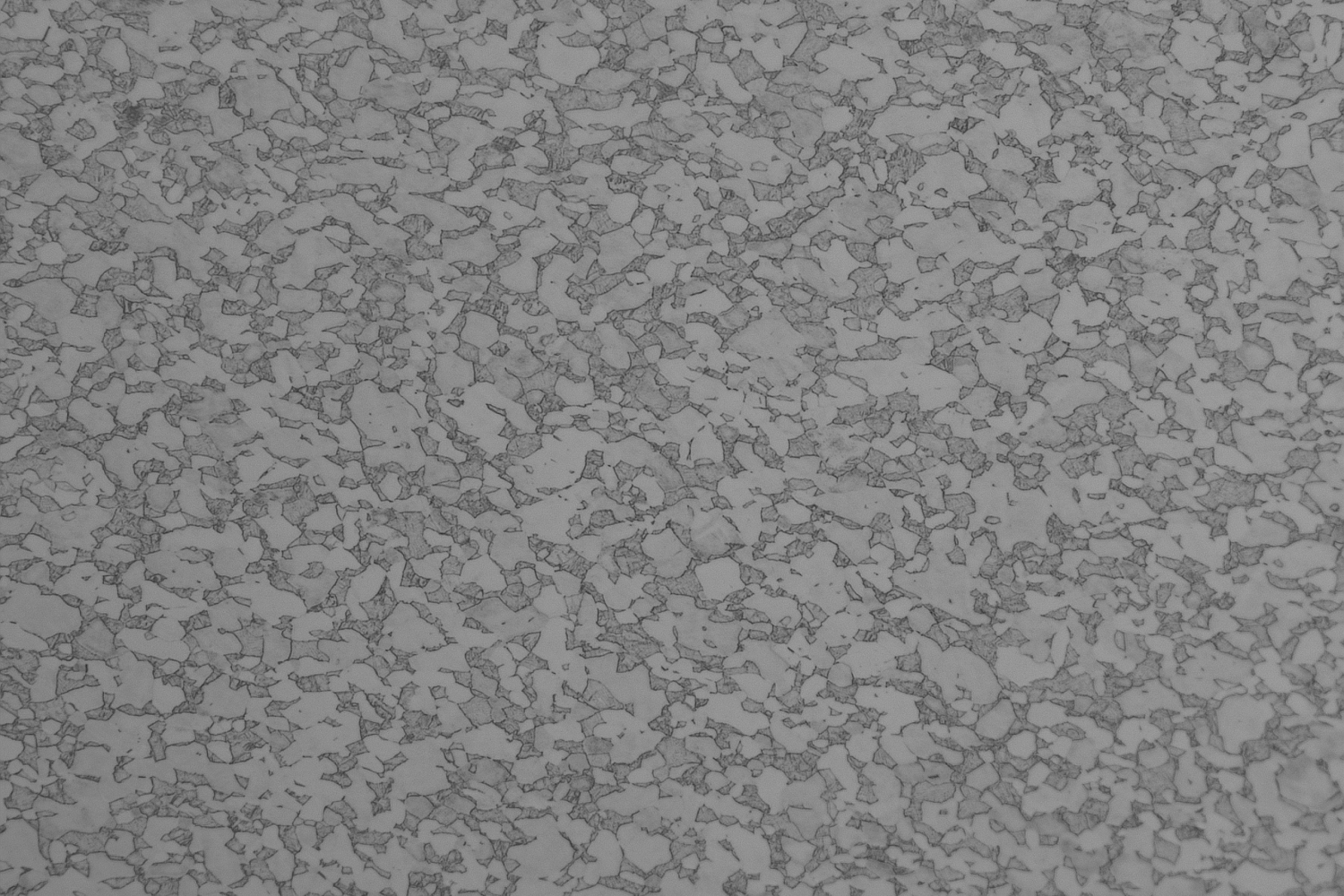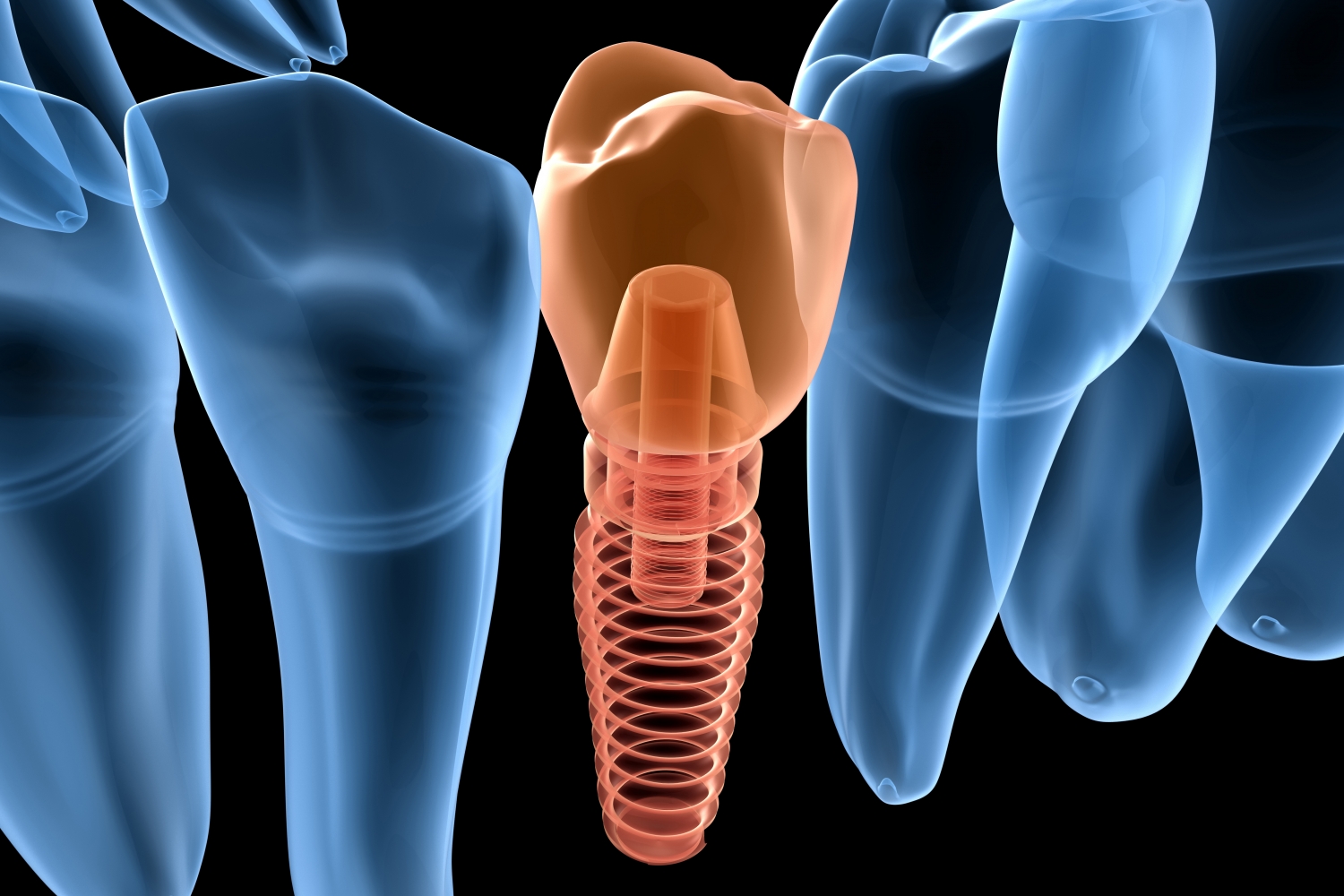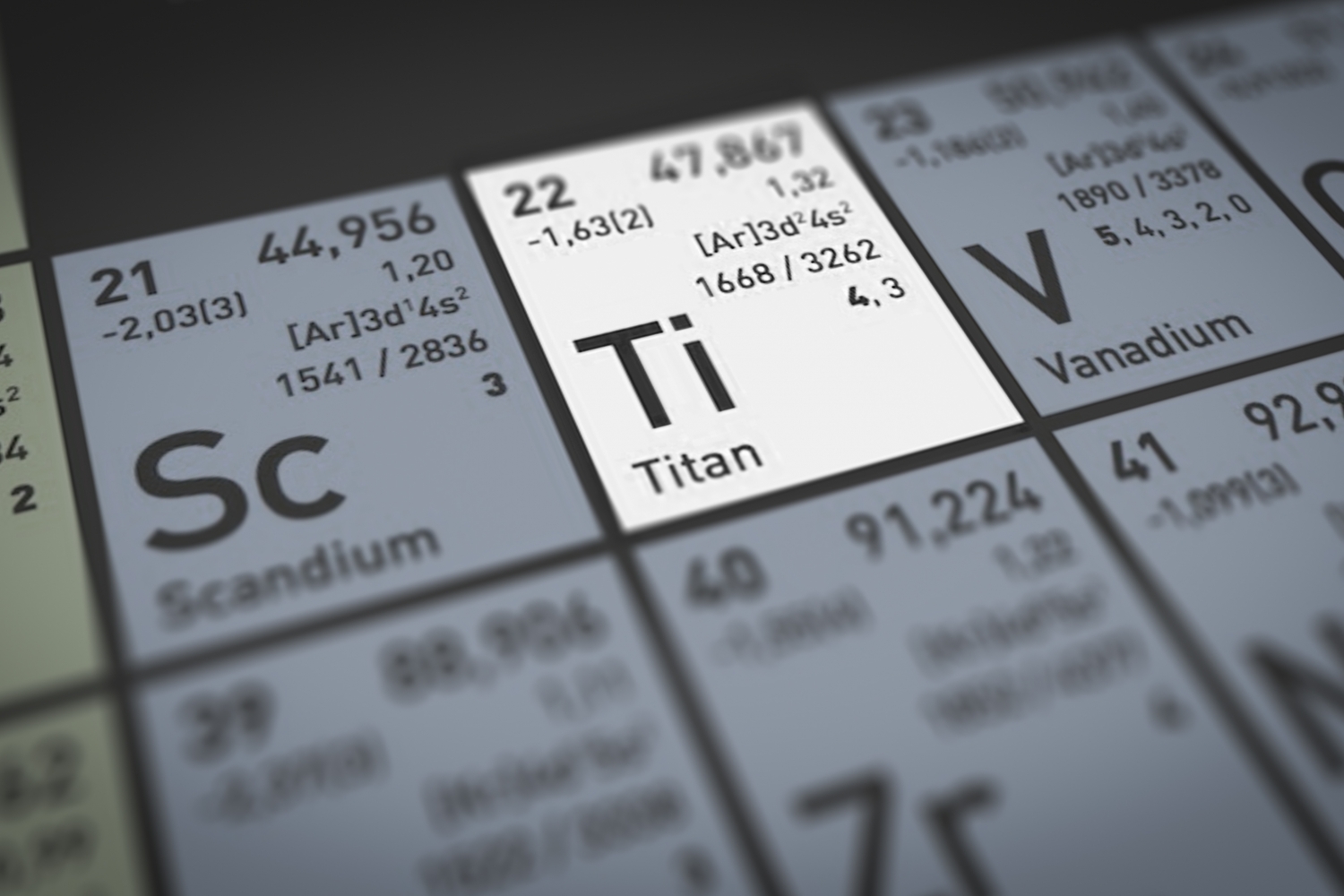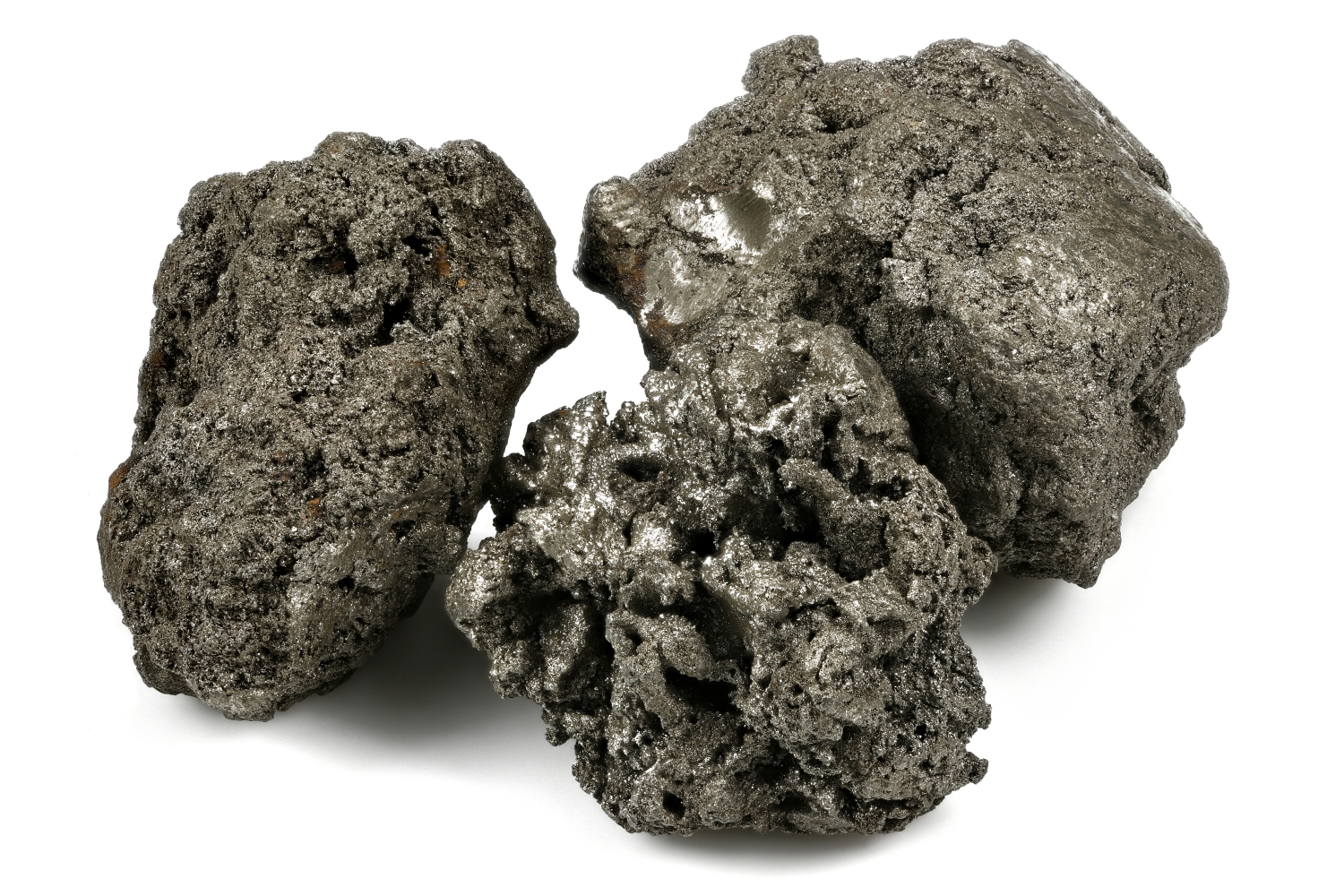| Signer Titanium AG Kantonsstrasse 1 CH-8807 Freienbach Switzerland | Tel. +41 44 716 12 60 Fax +41 44 716 12 61 info@signer-titanium.com www.signer-titanium.com |
Titan by Signer
Our many years of experience and technical expertise, our global network and our proven services, enable us to offer our customers outstanding added value.
Why Titanium?
- high strength and low weight
- very good corrosion resistance
- excellent biocompatibility
- good properties at very low temperatures
- low thermal expansion
- high melting point
- low modulus of elasticity
- non-magnetic
- good ballistic properties
- hydrogen getters (e.g. in high vacuum applications)
- high electrical resistance

Custom made Titanium
Due to its properties, titanium is used in various applications where particularly high demands are placed on the material:- Aerospace
- Medical industry
- Chemical industry
- Consumer goods
- Architecture
- Automotive industry
- Power stations
- Seawater desalination
- Off-shore technology

Influensible properties
- Pure titanium is cold formable
- Palladium increases corrosion resistance
- A high hydrogen content leads to embrittlement
- Some beta-alloys can be aged
- An ultrasonic test detects defects in the material
 The most important alloys of titanium
The most important alloys of titanium
Titanium extraction and production
- Mineral: Titanium is the most abundant metal in the earth crust, followed by iron, aluminum and magnesium. The principal mineral (ore) in which titanium oxide occurs are rutile (TiO2) and ilmenite (FeTiO3).
- Titanium sponge: Titanium dioxide is transformed into metallic titanium (titanium sponge) via the chemical Kroll process.
- Melting: Titanium sponge is then melted into ingots.
- Forming: Various forming processes are used to produce different mill products such as round bars and flat products.
